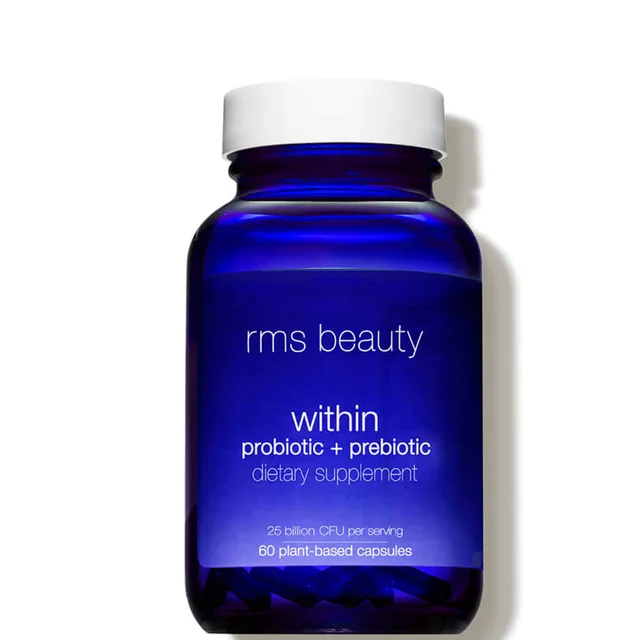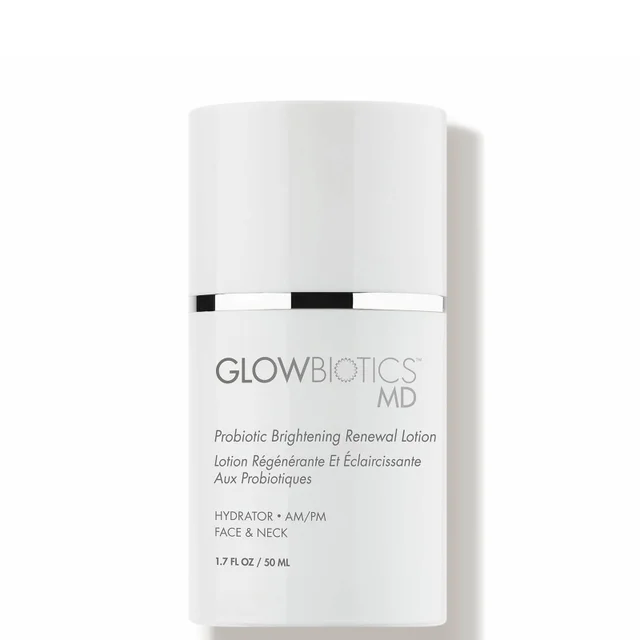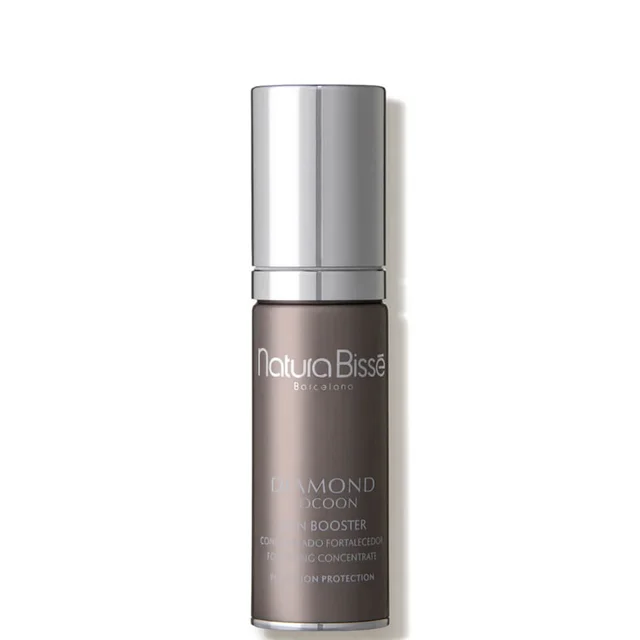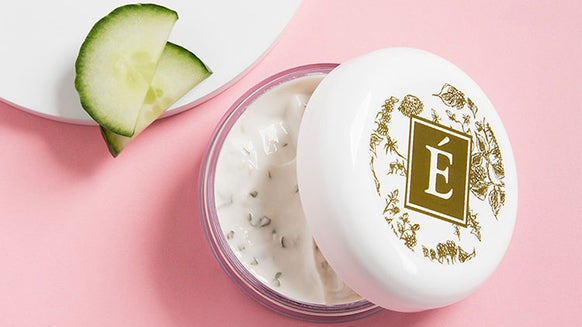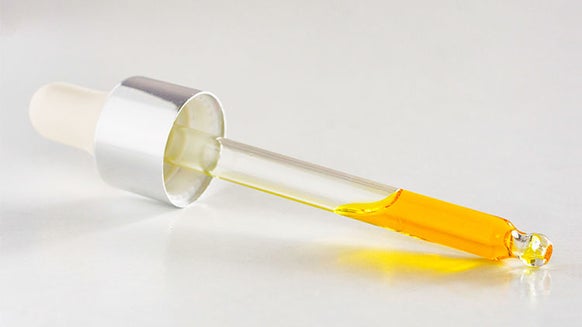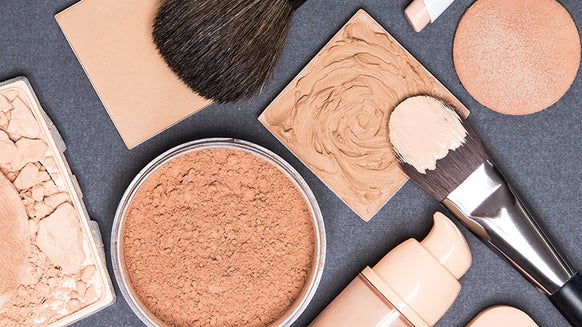Probiotics vs. Prebiotics: What’s the Difference and Do You Need Both?
It’s hard to imagine a world where wellness and skin care don’t intersect. But, the crossover no longer means just sticking to a well-balanced diet. Eating clean and adding certain skin care superfoods—such as kale, turmeric and mushrooms—into the diet can leave a positive impression on the skin, but the health and beauty connection goes much deeper, all the way to a healthy gut.
Gut health is vital for a multitude of reasons, but in the conversation of skin care, it comes down to the immune system’s impact on our body’s largest organ. “About 80% of our immune system comes from our gut,” explains Dr. Alissia Zenhausern, NMD, a naturopathic physician at NMD Wellness of Scottsdale. Because of that, she says, “The key to healthy, glowing skin is treating the gut first.” How do we promote a healthier gut? Probiotics and prebiotics could be the place to start.
Difference Between Probiotics and Prebiotics
Probiotics and prebiotics: These buzz-worthy wellness words are all over the internet these days, but what do they actually mean? “The main difference between prebiotics and probiotics is that prebiotics are the food source your gut bacteria eats, whereas probiotics are the actual bacteria found in your gut [aka, our microbiome],” explains Zenhausern.
In a nutshell, probiotics and prebiotics work together to promote a healthier gut. “The idea behind using prebiotics was to provide the essential food source needed for bacteria to grow,” notes Zenhausern. In addition to prebiotics, she says probiotics are “so important” because they “contain the good bacteria our body naturally needs.”
Health and Skin Benefits of Probiotics and Prebiotics
As Zenhausern mentioned, our immune system needs good gut bacteria to function correctly. And it’s not the only system that benefits from a healthy microbiome. In addition to the immune system, good bacteria found in the gut can also ensure digestive health and that the hormonal system are in tip-top shape.
Probiotics and prebiotics work to ensure that the immune system, hormonal system and digestive system all function properly. And when that occurs, it can promote healthier skin. Because of its immune system support, taking these supplements for healthier insides can specifically improve inflammation of the skin. “Inflammatory skin conditions such as acne and rosacea may be kept at bay by the use of probiotics,” notes Dr. Debra Jaliman, a board-certified dermatologist in New York City. In addition, having a healthy gut microbiome can “keep your skin glowing,” says Dr. Zenhausern.
Dr. Jaliman is a fan of using probiotics topically, as it can impact the skin in a more direct way—and lead to more benefits. “Recent studies have found that topical application of probiotics decrease skin sensitivity and redness and can result in a reduced appearance of fine lines,” she notes.
Topical vs. Supplements
So how do you get more of these good bacteria into your body? Aside from nourishing yourself with probiotic-rich food like kefir, yogurt and sauerkraut---as well as garlic, artichokes and onions, which are great sources of prebiotics---you can also get probiotics from topical formulas and supplements. Supplements, such as pills and powders, are typically used when focused on the gut microbiome. And while the gut microbiome can impact the skin from the inside out, the skin has its own microbiome that might benefit more directly with the use of a topical formula. However, Zenhausern says if you use high-quality probiotics, it could be the most effective option for skin health—especially if the root cause of a skin ailment stems from your gut microbiome.
When it comes down to it, if you have issues with your gut that are showing up on your skin, using a topical product doesn’t exactly target the root cause. While it could subside some concerns, you might see the repercussions of bad gut bacteria for a longer period of time if not treated from the inside out.
Precautions to Consider
1. Some probiotics need to be stored in the fridge.
As with most things, there are some precautions to keep in mind when adding probiotics to your regimen. “Remember that probiotics are live bacteria, which means when you buy them—unless the bottle specifically says stable at room temperature or freeze-dried—you need to keep your probiotics in the fridge,” explains Zenhausern. “If you don’t, the bacteria will die and give you no added health benefits,” she adds.
2. Not everyone can take probiotics.
Zenhausern says that, for the most part, probiotics can be taken by most people. However, they should not be used by “patients that are immunocompromised unless directly directed by a doctor.” For example, “If a patient is undergoing chemotherapy and has been told they are neutropenic (an abnormally low count of a type of white blood cell) or their treatment specifically reduces the function of the immune system, giving probiotics can actually come with high risk, as you are now introducing bacteria to an already compromised immune system,” warns Zenhausern.
3. Too much probiotics and prebiotics may have negative effects.
If you wish to add probiotics and prebiotics to your daily routine, Zenhausern says it’s absolutely vital that you speak with your doctor first, as the type you take all depends on “your age, the medications you take and the function of your immune system.” Asking your doctor specifically if you should take probiotics and prebiotics and going over what kind to take can ensure that you not only get the most out of the good bacteria but also are approaching it safely. On top of that, “taking too much [of a] probiotic can lead to gas and bloating,” says Dr. Zenhausern. And the long-term effects of prebiotics can “start to stimulate the growth of bad bacteria, [which] can cause your gut issues to worsen.” So, before adding a prebiotic or probiotic (or both) into your regimen, speak with your doctor to determine which one is best and the dosage you will need.
4. Do not take probiotics and prebiotics on an empty stomach.
Probiotics and prebiotics should also always be taken with a meal, not on an empty stomach. “You do not want the acid from your stomach to kill the bacteria as it passes through your digestive tract,” says Zenhausern. After all, that defeats the purpose!

From the latest hair and makeup trends to the best solutions for your skin issues, we've got all your beauty concerns covered!
